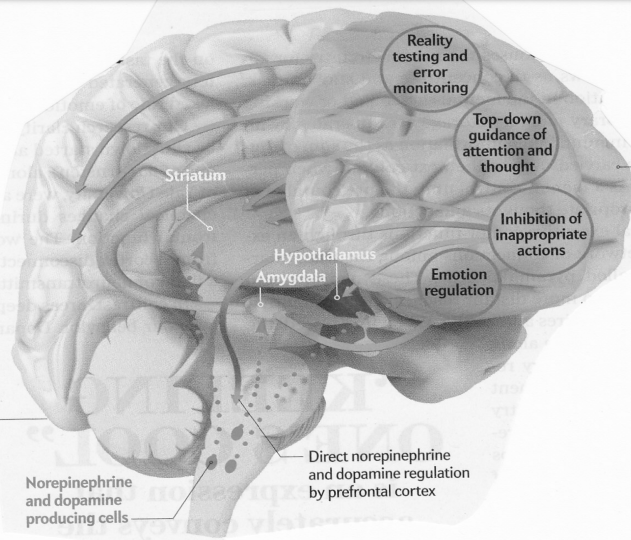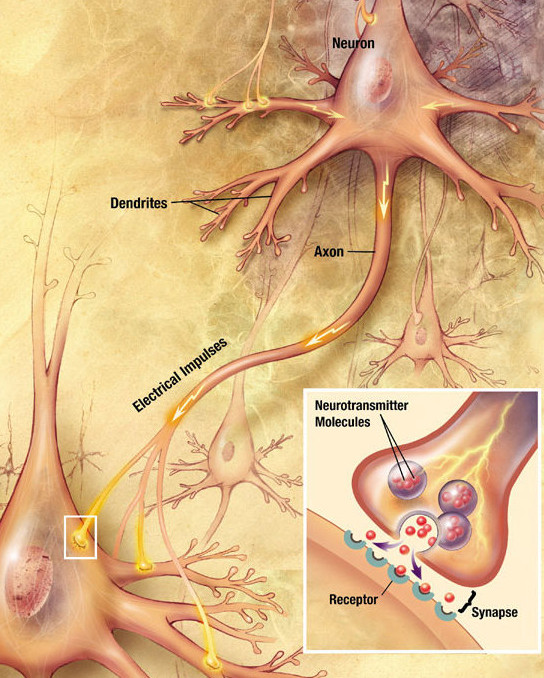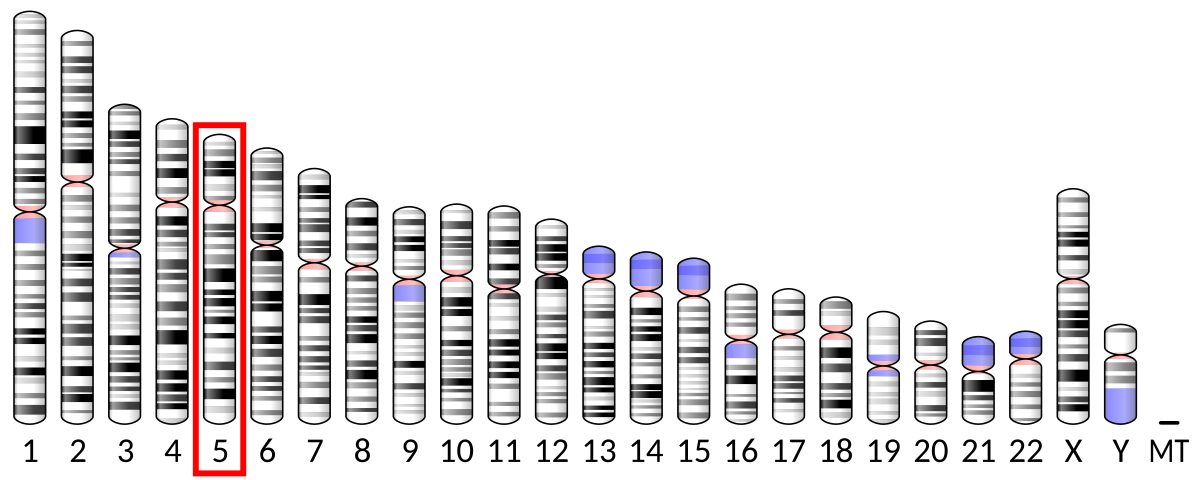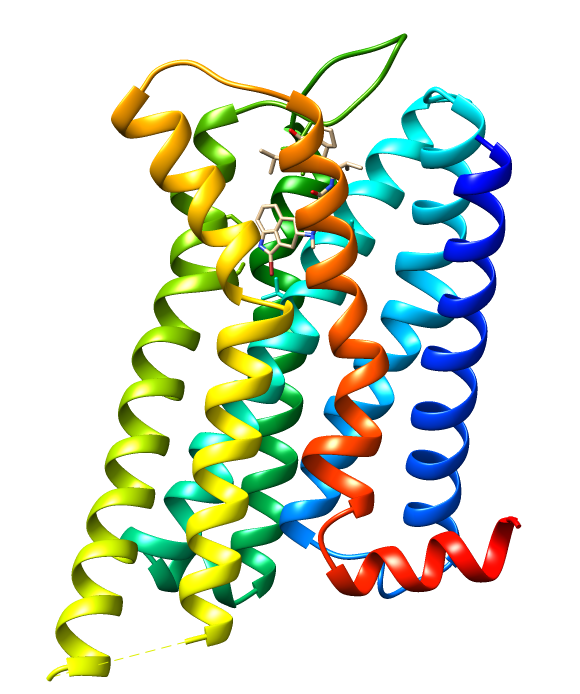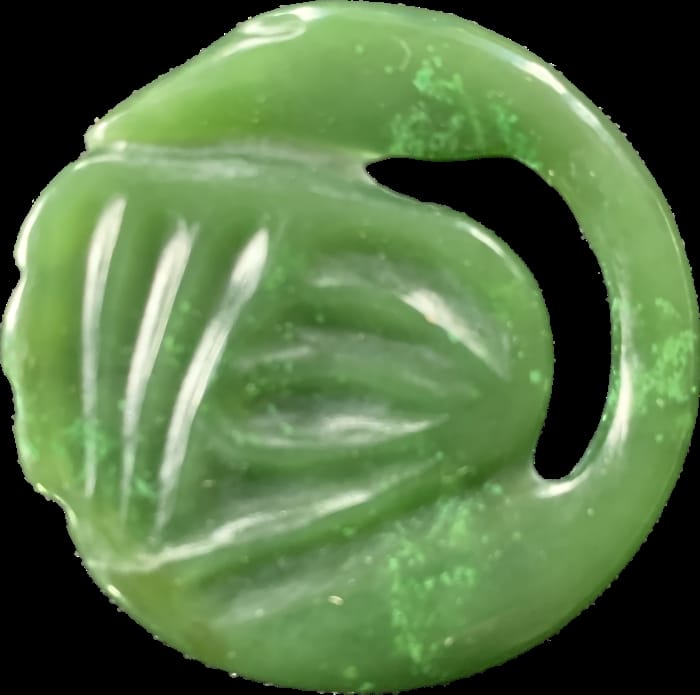A New Dopamine Model Explaining ADHD
Dopamine mediated desire and reward explains why when dopamine is reduced we increasingly show ADHD symptoms. We combine low motivation with frantic reward seeking due to low dopamine.

Please scroll down for links below the transcript. This is lightly edited AI generated transcript and there may be errors.
Dr. Josh Stout 0:00
For people with ADHD, there's not a lot of dopamine at that synaptic cleft. And so we tend to sometimes lack motivation. However, we also are very rewards oriented because we really desperately want that reward. We want that carrot. So for for people with ADHD, the carrot looks like it's really small and far away all the time.
Eric 0:43
Today is Friday, January 24th. Welcome to mindbodyevolution. Hi, Josh, How are you doing?
Dr. Josh Stout 0:48
I am well. How are you doing, Eric?
Eric 0:50
You have something that's bursting to get out of you - you're going to do a quick one, today.
Dr. Josh Stout 0:53
Yeah. No, I just wanted to do a very quick description of how my dopamine model relates to ADHD, because I was reading Reddit last night on the ADHD discussion groups and I discovered a really nice bunch of people in a community who are discussing ADHD. And I really wanted to put this out there for them. And so I plan to post it on Reddit and have them having to listen to it, hopefully.
Eric 1:18
I love this.
Dr. Josh Stout 1:20
So the normal the normal...
Eric 1:24
Wait before, if you go back your what is your your model of dopamine is that you know you. Yeah.
Dr. Josh Stout 1:32
So I'm going to discuss that now people who have listened to podcast before I've gone over it before. Yeah but I yeah I want to start off with why the other models wrong. The other model basically says dopamine is always a stimulant and so it's a philosophical problem where people don't understand what an incentive is. An incentive is different from a stimulant. And so dopamine is an incentive. It is not a stimulant. And people have sort of philosophically mistaken this.
Eric 1:59
An incentive could be a stimulant... but it doesn't have to be.
Dr. Josh Stout 2:01
Right. So I describe it as if I give an A to my students ahead of time, they won't work. But if they think they can get an A, they will work. But I also also, if I say you'll never get an A, they won't work. And so dopamine works that way. It is both stimulatory and inhibitory depending on the context and very specifically in the reward context. If you offer the reward, people will work for the reward and then they'll stop working when they receive the reward. So I give it as a donkey chasing a carrot. You tie a carrot on a stick that the donkey chases and the donkey will keep chasing that carrot. But if you give them a carrot, they'll stop chasing it. And if they don't see a carrot, if there's no carrot, they'll also stop chasing it. So motivation is necessary, but the thing that gives the motivation can also stop it - it's the reward. Yeah. So that's my sort of basic disagreement.
Eric 2:56
That the reward signals the completion of whatever that event or task was.
Dr. Josh Stout 2:59
Right. And so people, the existing model of dopamine is that it is purely motivational and it is not a reward that the rewards are the opiates and the cannabinoids and that dopamine is just a measure of these things and is then therefore just a way to motivate you towards the reward, but is not the reward itself. And I disagree. I think that dopamine is the reward and the measure of the reward. So the opiates and the cannabinoid centers are inside the dopamine centers. So they're sitting there intimately connected with them. They signal back and forth.
Eric 3:33
Now, we did we did do a whole episode on this.
Dr. Josh Stout 3:35
Yeah, so I don't want to go into that too much.
Eric 3:38
I'll link to that. (https://www.mindbodyevolution.info/dopamine-revisited/)
Dr. Josh Stout 3:40
So that the model I'm trying to say is that ADHD, which is a low dopamine condition -
Eric 3:53
Meaning you suffer from low dopamine when you have ADHD?
Dr. Josh Stout 3:56
Yeah. I'm not necessarily saying it's a suffering I, I see ADHD as a sort of existential condition.
Eric 4:06
Okay.
Dr. Josh Stout 4:07
I.
Eric 4:07
Forgive me I did not mean to put a value judgement on that.
Dr. Josh Stout 4:10
No I it has ups and downs. I am severely ADHD, which is why I was reading the Reddit site because I was reading people who are like me. Yeah, but I'm also a neurophysiologist who studies dopamine and so I'm very interested in how the reward system works. And so for people with low dopamine, it's like the carrot is small and very far away.
Eric 4:33
Mm.
Dr. Josh Stout 4:33
And yeah, you can chase it for a while, but if you see a different carrot, you're going to start chasing that one because this one's really hard to get to.
On a molecular level, dopamine works in two places on the nerves, one at the communication between nerves at the synapse, the synaptic cleft, as they call it, right where two nerves are meeting each other. That is where dopamine is signaling 'be motivated' and 'do things'. And so that's your motivational dopamine. And the way nerves work in general is a dopamine nerve is likely to both make dopamine and respond to dopamine. So nerves can do a lot of different things all at the same time. But the majority of nerves do mostly one thing. And so a dopamine nerve is mostly one that both makes and responds to dopamine. I'm definitely oversimplifying things here, but I'm doing it on purpose and I think it's a useful way to think about things so that when you are motivated, you've gotten a signal saying, make a little bit of dopamine. It's sitting there at the synaptic clef, the nervous transmission speeds up because it's speeding up the transmission between nerves and you make more dopamine and so you sort of stay motivated. For people with ADHD, there's not a lot of dopamine at that synaptic cleft. And so we tend to sometimes lack motivation. However, we also are very rewards oriented because we really desperately want that reward. We want that carrot. So for for people with ADHD, the carrot looks like it's really small and far away all the time.
And so how do we treat this? Strangely, we treat something that is hyperactive with a stimulant which provides dopamine. And so it slows things down. So it's - I understand why all the researchers out there think of dopamine as purely a stimulant. But the reason that low dopamine causes more activity is because you're chasing that carrot all the time. And the reason why a stimulant can then treat it is because you've now created a little bit more dopamine at that cleft and you have both more motivation. So you're able to focus a little bit better. You're - the carrot's a little bit closer. You can stay on one goal for longer and think about the way a nerve is going to work. If you have a basically a positive feedback loop where the more dopamine that is made, the more dopamine you get, which makes more dopamine, you're going to end up running faster and faster and faster.
Prior to the synapse, further up on the nerve, there are receptors for dopamine which inhibit transmission along the nerve. And so when the whole system gets flooded with dopamine, you get the reward. And so those are the D2 receptors and they are it's mostly D1 receptors that the at the synaptic cleft, the D2 receptors say 'you've gotten the reward'. A crayfish was running to the food pellet, stop running, eat the food pellet. And so the the stimulants are going to both help with motivation in the sense of providing a little bit more dopamine at the synaptic cleft. But they'll also give that feeling of had it having received a reward.
Eric 8:02
So you're saying that the that it's oh, boy, oh boy, oh boy. As I'm getting to the food and then once I've gotten to the food, it's so much oh boy that I'm overwhelmed and eventually I get satisfied.
Dr. Josh Stout 8:11
Well, there's a there's a on the on the sort of neurological level. There's that there's a microsecond tremendous spike in dopamine. So your dopamine levels to motivate you were I can't remember the exact numbers but you know, let's say they were one. Now it's gone up to a million.
Eric 8:29
But just for a brief.
Dr. Josh Stout 8:30
Four for a fraction of a fraction of a second. And so at that moment, you've reset the whole system and you've stopped that, you know, running, running, running, running. You've gotten your reward and you and you can sort of get going again. And so the stimulants are both increasing the motivation and helping reset the system. But, you know, you can really see how you can just turn to the stimulants as its own reward. Right. So this is what ADHD often will do. People get addicted to drugs because they provide the dopamine you feel like you've gotten the reward, you're done. It also explains why many times you'll be running all the time and never getting anything done. It's you're always chasing a different carrot because the one you're looking at isn't quite close enough to you. And also because, you know, you you're lacking some motivation at the synaptic cleft. You don't have the ability to go and do something a lot of the time, even while you're running all the time. So this this is why something that seems like a stimulant can be inhibitory at the molecular level. You've got these two different receptors on it as a model. It's it's an it's an incentive. It's not a pure stimulant. And this is why, you know, it's so confusing to be ADHD. How can I have all of this motivation and never get anything done? Yeah, how do I feel? Like I'm both hyper and I can't get out of bed, you know? How can these things both be true at the same time? And it's all low, low motivation caused by dopamine. And the real message that I really wanted to bring out today was not just explaining the model for the people on Reddit, but to say this is where our society is going and that this is a thing that we are doing to ourselves with mostly our phones and and our, you know, flashing lights and the games we play and all these things where we are aware of dopamine. We are making, you know, banner ads that signal dopamine flashing red all the time. And we are receiving a lot of dopamine because of these things which are deliberately being designed to cause addictive behaviors and cause an increase in dopamine. What happens when addicts take cocaine? It starts down regulating their dopamine receptors and they start becoming agitated, always looking for more cocaine. They have essentially become an artificial ADHD.
Eric 10:58
I'm sorry, down regulating dopamine receptors means that you now have become desensitized to the dopamine and you need more dopamine to get the same effect you were getting before?
Dr. Josh Stout 11:12
The same effect. And so we're doing this to ourselves societally, with all the ads, with all all the social media, you need more of a jolt. The headline has to be more eye catching every time just to have that same effect. And so we've gotten on to this runaway situation in where we've all started to become ADHD. And so rather than being this tiny community of people who are born with a neurological deficiency like I was now as a whole group, we're kind of moving into this as a society. And I think we need to understand what we're doing to ourselves and how it's happening. And I think it would be nice to know on the on the molecular as well as the behavioral level and the psychological level, how this all works together. And the existing theories do not explain how this happens. A low dopamine condition should be one where you only had low motivation. It should never include hyperactivity, it should never include attention deficit.
Eric 12:13
You mean, the standard models.
Dr. Josh Stout 12:15
The standards and standard models of this. I mean, the standard model can't even really truly explain addiction to cocaine because an addict should only be motivated while they have the cocaine in their body when they no longer have cocaine in their body and they have no dopamine, they shouldn't want to go out and search for more because they have no dopamine. And so what is actually happening is they got a really big carrot and it's hanging right there in front of them. And as that dopamine is dipping down, that carrot is getting further away. But they remember just how big it was and they become more and more motivated to get that carrot and they'll get to the point where they'll do anything for that carrot. And so I think my model explains reality a lot better, and it's something that we need to understand that we are doing to ourselves on a societal basis when we're producing all this stuff deliberately to target dopamine and then we're all addicted to our own screens, we're reducing our own attention abilities, we're moving that carrot further and further away, and we're turning into a society that is, you know, just a spinning heads in all directions.
Eric 13:28
How do we work against this then? Do you see any any diagnosis for this, any, any, any, you know, any for this diagnosis, do you see?
Dr. Josh Stout 13:37
No, no. I mean, there aren't a lot of easy answers to it. You know, I have my own personal solution, which is low doses of caffeine throughout the day. So I make a 3 to 1 caff decaf, decaffeinated coffee, and I drink a cup every hour and to every 2 hours.
Eric 13:58
I drink highly caffeinated coffee throughout the day.
Dr. Josh Stout 14:00
But it keeps me much more steady. I think caffeine actually has a similar profile to cocaine at the lower levels of the graph, but actually causes, I think, inhibition at higher levels.
Eric 14:14
So you're not being flip. You actually do believe that a low dose of caffeine throughout the day actually is medicinal for ADHD.
Dr. Josh Stout 14:21
Yes. All right. Yeah. No, I think I think it's like the other stimulant things and it has its own problems. It's much more jittery than the amphetamines, but it has a more self-limiting aspect. You can't become addicted to caffeine the way you can do cocaine. Caffeine is definitely addictive, but the carrot never gets as big because when you overdose on caffeine, it becomes unpleasant. And and you see you only only get up to a certain level, right?
Eric 14:48
You can be addicted, but you can't really.
Dr. Josh Stout 14:50
Not as addicted as you can get to other things. Yeah. All right. That's that's.
Eric 14:54
Fascinating. Well, thank you, Josh. And until next time, folks.
Theme Music
Theme music by
sirobosi frawstakwa

